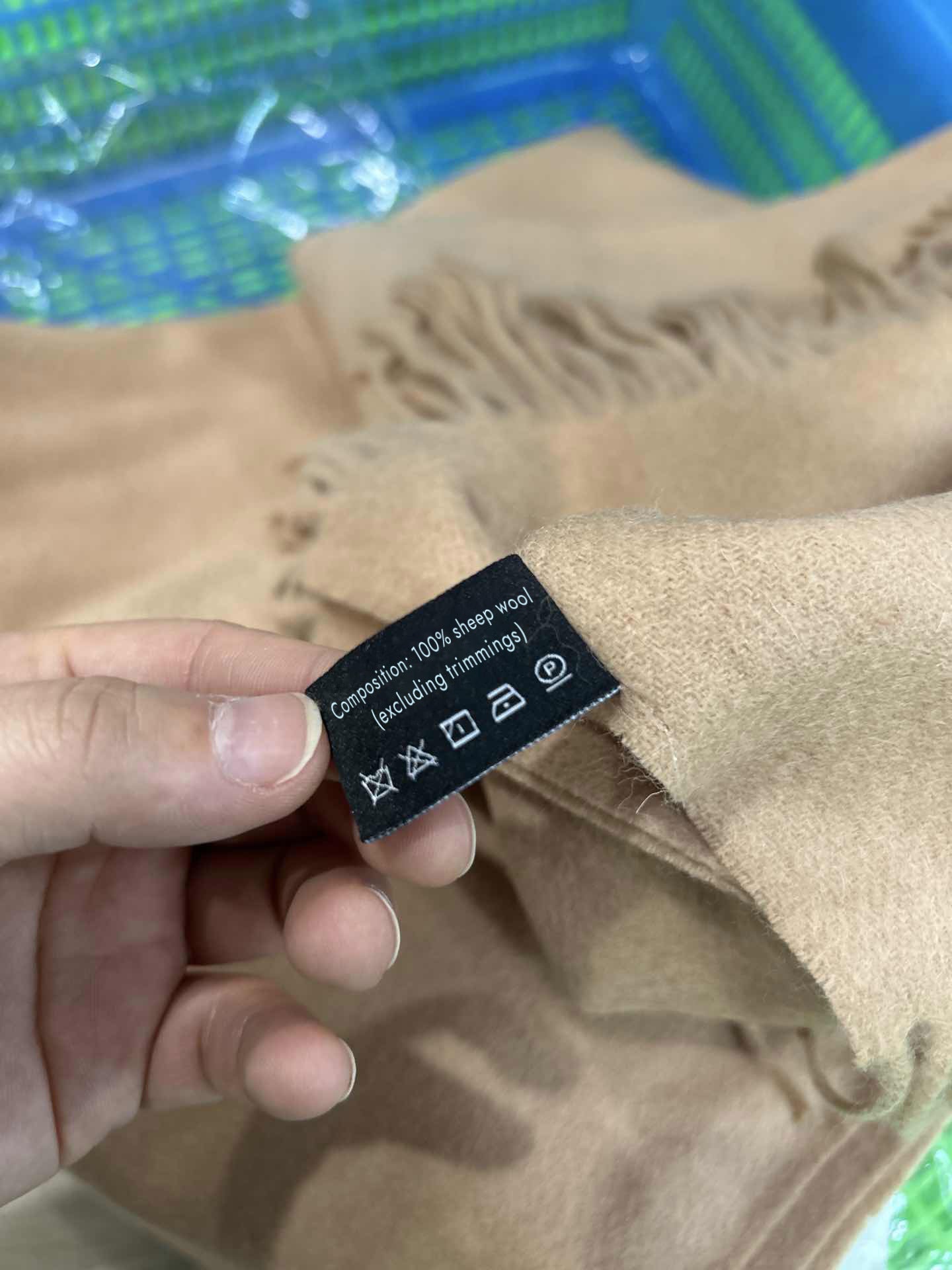8 Tips to Care Your Silk Beddings
Table of Contents
Can't the silk be washed? The short answer is yes! Your pure silk pillow covers and silk sheets are washable and easy to make! There’s no need for expensive dry cleaning. You can choose a washing machine or hand by following the instructions below. Close adherence to these guidelines can keep your silk bedding beautiful and luxurious for years to come. Washing silk has never been so easy.
Tip 1: How to Wash New Silk Beddings
When unpacking silk sheets for the first time, read and follow the care instructions, especially if you are washing them for the first time. You will discover that silk is actually fairly simple to care for, and only needs a little extra attention.
● Wash your new silk sheets before use, preferably by hand in cold water; machine washing on a cold gentle cycle is also acceptable.
● Silk should always be washed separately in a SILK-ONLY LOAD. All silk items should be washed in mesh laundry bags with a gentle detergent for silk.
● Wash your silk bedding as often as any other type of bedding or when it's dirty or stained. Silk is naturally hypoallergenic and resistant to mold and dust mites, but should still be cleaned regularly.
● Dry your luxury silk beddings outside or hang them inside, but in either case keep them OUT OF SUNLIGHT. We don't recommend putting silk sheets in the dryer. If you must, just use the "air" setting. Silk dries quickly; check every few minutes and add only as much time as is needed to dry.

Tip 2: Choosing the Right Detergent
Whether you choose to hand wash or machine wash, choosing a gentle silk detergent is a necessity. Remember that silk is a natural fiber. If you wash it with a detergent that's too acidic or too alkaline, the fibers will become hard. That's why we recommend a mild detergent with a neutral pH, specially formulated for silk. This way, the integrity of your fabric will be preserved with every wash.
In addition to harsh detergents, you shouldn't use bleach, fabric softeners, or optical brighteners when washing your silk bedding and real silk pillowcase. These aren't good for silk and can even discolor or damage the silk fibers. Dry cleaning silk is also not necessary. In most cases, you can wash everything from silk pillowcases to silk duvet cover set either by hand or in your washing machine at home.
DON'T USE any kind of detergent with washing enzymes, which are natural compounds found in detergents to dissolve stains. Many stains - like blood, sweat and other bodily fluids are protein-based. Even greasy and oily stains contain some protein. Laundry enzymes break down these proteins to dissolve stains. However, silk is made of proteins (it's extracted from the cocoon of the silk worm), and if you wash it regularly with an enzyme detergent, its fibers will wear out and the integrity of the fabric will be damaged. Therefore, you should never use an enzyme or organic detergent to wash silk or other protein-based fibers such as wool, cashmere, alpaca, fur or feathers.
Tip 3: Use mesh laundry bags
Wash silk separately. Turn silk pillowcases inside out before washing and put all silk items in fine mesh laundry bags to prevent the silk from tearing. This is especially important if your machine has an agitator mechanism. Silk is very light; the delicate fabric can get caught under the agitator. The agitator and the inside of your machine can also have tiny nicks, ridges and rough edges caused by other laundry items like zippers or buttons. A mesh wash bag will protect your silk sheet from damage.

Tip 4: Choose a Gentle Wash Cycle with Cold Water
Machine wash silk in cool water is ideal. Temperatures above 80 degrees Fahrenheit (30 degrees Celsius) can cause significant damage to silk. It's best to wash all silk products with cool water. Don't use bleach, which will damage the fabric and cause it to yellow, or fabric softener, which can leave residue on the fabric.
Tip 5: How to Wash Silk Beddings By Hand
In fact, hand washing silk is preferable to dry cleaning. Wash your silk pieces yourself in cold water. Use only a mild soap suitable for silk. Immerse the garments and gently move them by hand; don't rub or scrub. Rinse the soap thoroughly.
Tip 6: How To Dry Silk Beddings
Never wring out your silk products. Roll them in white towels for dabbing, or lay out white towels on the bed and dab sheets on them. Use a clothesline, non-slip hanger or drying rack out of direct sunlight. Exposure to sunlight can damage the silk fibers and fade the colors, especially with darker silk.
Avoid wooden drying racks, which can leave dyes or stains into the silk. Depending on temperature and conditions, your silk should dry in about 45 minutes. Don't put silk items in the dryer. Heat can damage the delicate silk fibers. If the dryer is absolutely necessary, use only the "air' setting for 15 minutes or less with NO fabric sheets or dryer balls. Remove sheets before they're completely dry.
Tip 7: How to Iron Silk Sheets
Ironing isn't always necessary. All silk products wrinkle after washing, but the threads will relax and smooth out after a few nights. If you prefer ironing, iron on with the lowest temperature.
Tip 8: How to Store Silk Beddings
Store silk carefully in breathable plastic bags, away from direct sunlight, with moth-repellent lavender sachets or cedar balls.

















